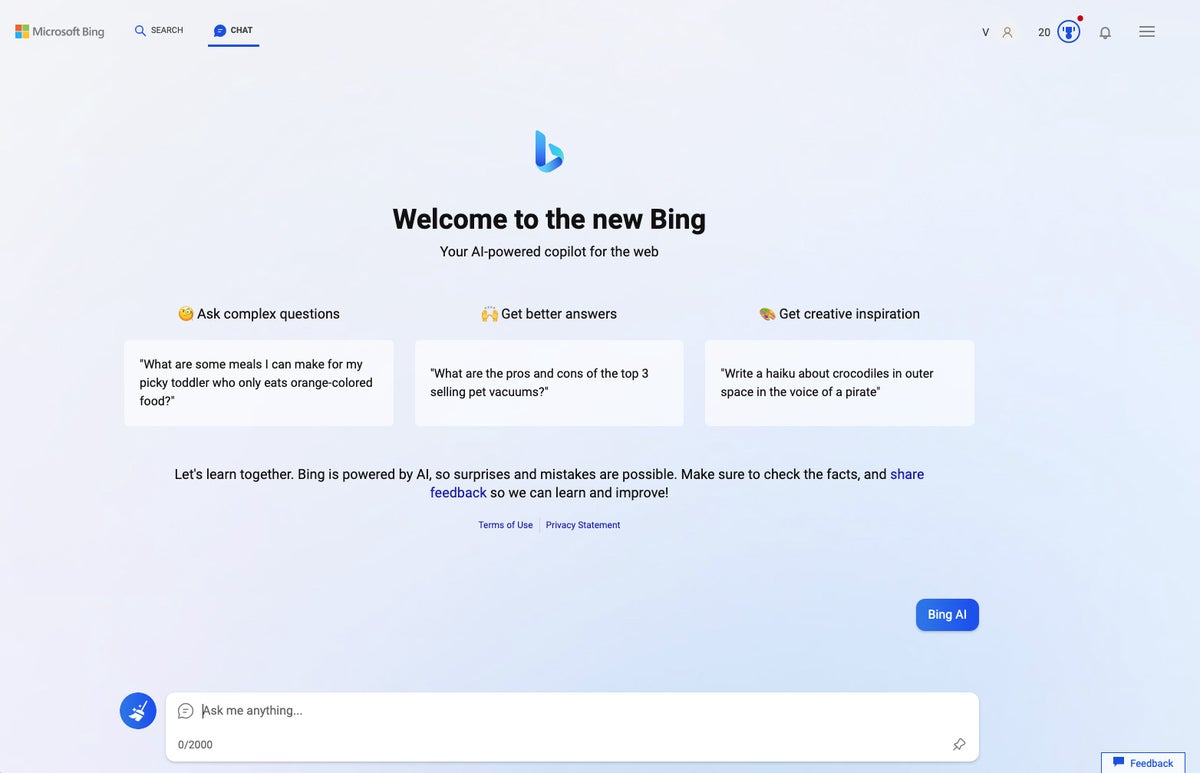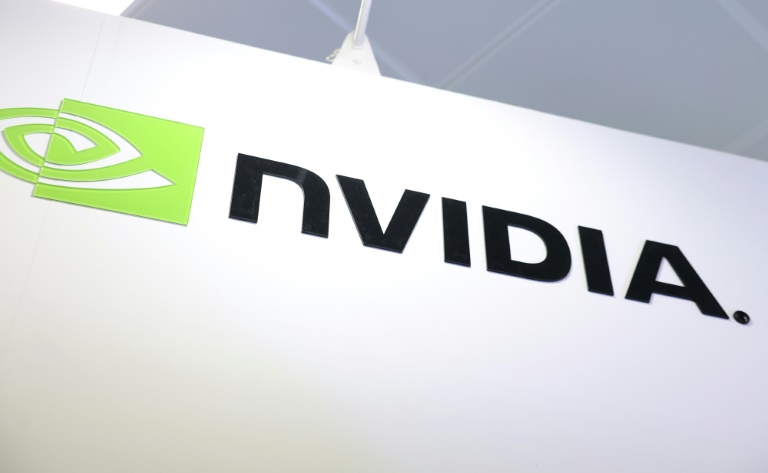A new tussle between Microsoft and its partners that use Bing’s search index data has highlighted the company’s intensions of trying to lead the race for generative AI, experts say.
Earlier this week, Microsoft warned some of the partners it licenses its Bing Search Index data to about using Bing datasets to train their own generative AI engines or chatbots, according to a Bloomberg report.
“We’ve been in touch with partners who are out of compliance as we continue to consistently enforce our terms across the board. We’ll continue to work with them directly and provide any information needed to find a path forward,” a Microsoft spokesperson said.
Typically, smaller search engines such as Yahoo, You.com, Neeva and DuckDuckGo sign licensing agreements with Microsoft to use data from Bing’s search index. The data acts like a map of the internet and can be scanned by the smaller search engines when a query is directed at them to produce search results.
The smaller search engines refrain from making their own indexes to save time and money, according to experts.
Microsoft’s carrot-and-stick strategy
Why doesn’t Microsoft want smaller engines to use Bing’s search index data or APIs to train their own chatbots or AI engine? The simple answer, according to analysts, is the company’s carrot-and-stick strategy to maintain market lead in the AI race.
“In a way, one could view Microsoft’s implementation of OpenAI products or technology as any other means of market ownership and control, the same way we view market-leading development platform VS Code or Microsoft Office with their various technologies serving as both a carrot for consumers and as a stick for rivals (and even ecosystem partners),” said Omdia’s Chief Analyst Bradley Shimmin.
Microsoft added the technology driving ChatGPT to Bing in February.
The company’s fear is that smaller search engines might be able to replicate features of ChatGPT-driven chatbot in Bing to create their own products with the help of the data they get out of their licensing agreements and eat into Bing’s market share in the future, experts said.
“It is technically possible for smaller search engines to create their own versions of ChatGPT using Bing’s search index data along with other algorithms. The challenge for large language models (LLMs), which ChatGPT is based on, has been the need to ingest data and smaller search engines are getting this data ‘free’ from their existing arrangement,” said Constellation Research’s Principal Analyst Holger Mueller.
In addition, Microsoft might be viewing this as an infringement on the proprietary value of ChatGPT’s technology developed by OpenAI, according to Shimmin.
The data used to train ChatGPT “means a great deal”, according to Shimmin, as OpenAI needed to keep in mind several aspects in terms of how the consumer would use the technology, for example, fulfilling requests that depend on or are influenced…
2023-05-03 12:30:03
Article from www.computerworld.com




















